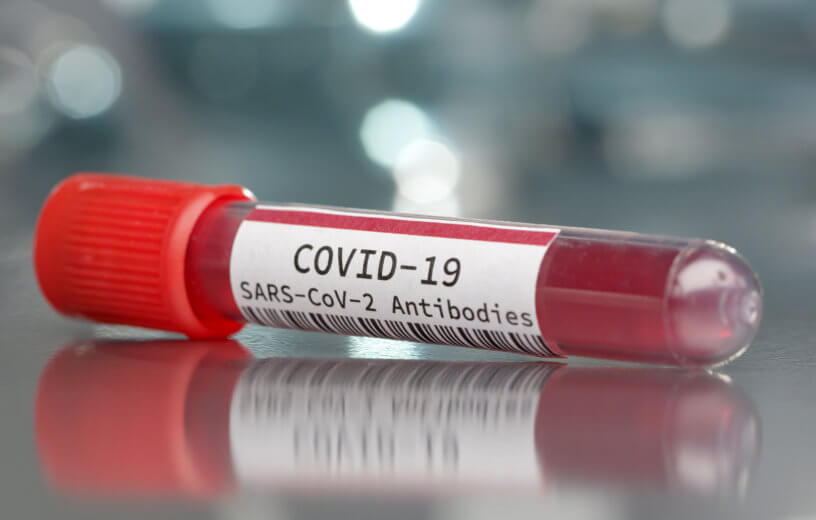SEATTLE, Wash. — Catching COVID-19 after vaccination is hardly an ideal scenario, but it’s happening more and more due to the emergence of new coronavirus variants like Omicron. On a more positive note, new research indicates breakthrough cases of COVID produce a more robust neutralizing antibody response in terms of strength, durability, and overall protection.
While the vast majority of vaccinated individuals who contract COVID-19 will only experience mild symptoms, if any, study authors from the University of Washington still wanted to get a better idea of how exactly vaccination influences and changes subsequent neutralizing antibodies.
In a nutshell, the research team concludes antibody responses are largely dependent on how many times a person encounters the SARS-CoV-2 spike protein through either infection, vaccination, or a combination of both. More exposure means a stronger antibody response. Considering double vaccinations, booster shots, and community-spread infections, researchers had to account for a number of different scenarios.
For example, they investigated antibody responses among those getting their vaccination after a COVID-19 infection, those contracting COVID-19 after getting the shot, those receiving a booster shot in addition to full vaccination, and those with the standard two doses (double vaccination).
Results show people receiving three vaccine doses, those getting the shot following a COVID-19 infection, and patients experiencing a breakthrough infection after vaccination all produced similarly robust antibody responses. Specifically, these individuals’ serum binding and antibody neutralizing responses to the spike protein were significantly more potent and longer-lasting than the antibodies produced by others receiving only two doses of the COVID-19 vaccine or unvaccinated patients testing positive for COVID.
Closing the ‘neutralizing antibody gap’
All in all, these findings suggest that the more exposure to the spike protein the better, at least when it comes to antibody protection.
Study authors also investigated just how broad, or far-reaching, antibody responses can be depending on prior spike protein exposure frequency. They focused specifically on the Omicron variant during this phase, ultimately finding that people with exposure to the spike protein on three occasions (either via three vaccine doses, or double vaccination, and natural infection) produce neutralizing antibodies at a similar level to other people vaccinated twice against the original ancestral coronavirus strain.
This indicates that while newer variants like Omicron are clearly better at evading the immune system, booster shots significantly help “close the neutralizing antibody gap.”
Additional research does not suggest prior SARS-CoV-2 exposure boosts protection against other coronavirus spike proteins, like OC43 or HKU1, which cause the common cold.
Researchers examined a total of 15 people for this project, all provided by the Hospitalized or Ambulatory Adults with Respiratory Viral Infections, (HAARVI project) at the University of Washington in Seattle.
The study is published in the journal Cell.
